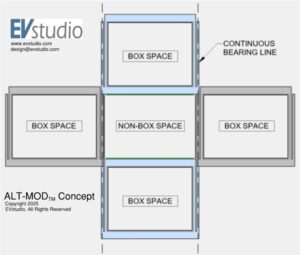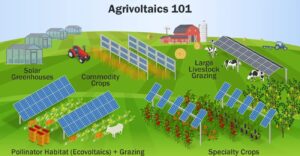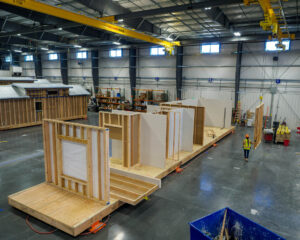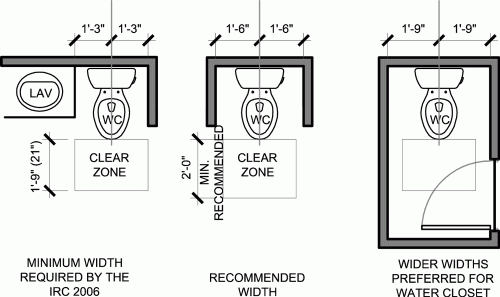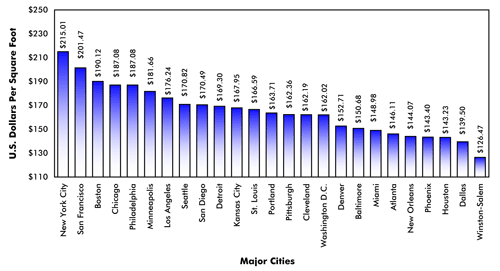The Science Behind Insulated Concrete Forms (ICF) in Building Construction
Insulated Concrete Forms (ICFs) offer a robust and energy-efficient method for building construction. ICFs consist of hollow blocks or panels made from insulating materials like expanded polystyrene (EPS). Builders stack these forms and then fill them with concrete, creating a solid, insulated wall. This article will explore the science behind ICF construction, its ideal applications, advantages, disadvantages, and cost comparison to other construction methods.
What is ICF Construction?
In ICF construction, builders use pre-formed insulating blocks or panels to create the walls of a structure. These forms are stacked like giant Lego blocks and reinforced with steel rebar. Once in place, builders pour concrete into the forms, creating a strong, insulated, and durable wall system. The insulating forms remain in place after the concrete cures, providing continuous insulation on both sides of the wall.
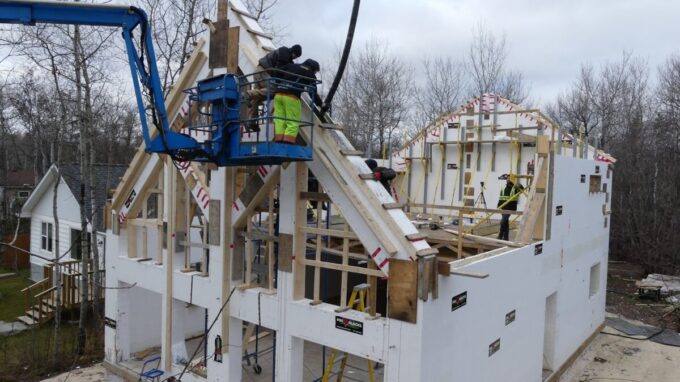
Ideal Project Types
ICF construction is best suited for projects that require superior insulation, strength, and soundproofing. Residential homes, schools, commercial buildings, and structures in areas prone to extreme weather benefit from ICFs. This method is particularly effective in constructing energy-efficient homes, passive houses, and buildings that require high resistance to wind and seismic activity.
Differences from Other Construction Methods
ICF construction differs from traditional methods such as stick framing or masonry. Unlike stick framing, which uses wood or metal studs with separate insulation and sheathing, ICFs integrate these elements into a single system. This integration eliminates thermal bridging, a common issue in traditional construction. Unlike masonry, which involves stacking individual blocks or bricks, ICFs provide a continuous and uniform structure, enhancing strength and insulation.
Advantages of ICF Construction
- Energy Efficiency: ICFs provide continuous insulation, reducing energy costs and improving indoor comfort. Research shows that ICF walls can reduce energy consumption by up to 50% compared to traditional methods (source: U.S. Department of Energy).
- Strength and Durability: ICF walls are incredibly strong and can withstand high winds, earthquakes, and other extreme conditions. The combination of concrete and insulation creates a durable structure with a long lifespan.
- Soundproofing: ICF walls offer excellent sound insulation, making them ideal for buildings in noisy environments or areas requiring quiet interiors.
- Fire Resistance: ICFs provide superior fire resistance compared to traditional wood-framed walls. Concrete is non-combustible, and the insulating forms can slow the spread of fire.
Disadvantages of ICF Construction
- Higher Initial Costs: ICF construction often has higher upfront costs than traditional framing. However, these costs can be offset by long-term energy savings and reduced maintenance.
- Longer Construction Time: While ICFs provide many benefits, they can take longer to construct compared to traditional framing methods. The additional steps required for stacking, reinforcing, and pouring concrete can extend the construction timeline.
- Limited Contractor Experience: Not all contractors are familiar with ICF construction, which can lead to challenges in finding experienced builders. Proper training and expertise are essential to ensure successful ICF projects.
Cost Comparison
ICF construction typically costs more upfront than traditional stick framing. However, the long-term savings in energy costs and reduced maintenance can make ICFs a cost-effective choice. According to the U.S. Department of Energy, buildings with ICF walls can save up to 50% on energy costs over their lifetime. The durability and longevity of ICF structures also contribute to lower overall maintenance costs, further enhancing their cost-effectiveness.
Conclusion
Insulated Concrete Forms provide a powerful, energy-efficient solution for building construction. Their ability to deliver superior insulation, strength, and durability makes them ideal for residential, commercial, and educational buildings. While ICF construction may have higher initial costs and require specialized skills, its advantages in energy efficiency, soundproofing, and fire resistance often outweigh these drawbacks. By understanding the science behind ICF construction, builders and developers can make informed decisions that align with their project goals and budget. With the right planning and execution, ICF construction offers a sustainable, resilient, and cost-effective building solution for various projects. If you are considering ICF for your next project, reach out to our team of expert Architects and Engineers at EVstudio and we are happy to assist!
References
- U.S. Department of Energy. (n.d.). Benefits of Insulated Concrete Forms. Retrieved from Energy.gov
- Insulating Concrete Forms Manufacturers Association. (2023). ICF Construction: Strength, Efficiency, and Sustainability. Retrieved from ICFMA


